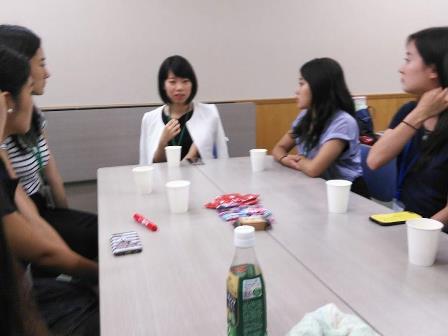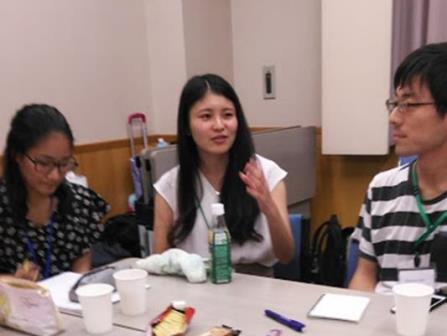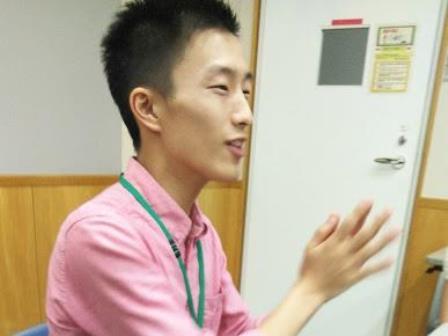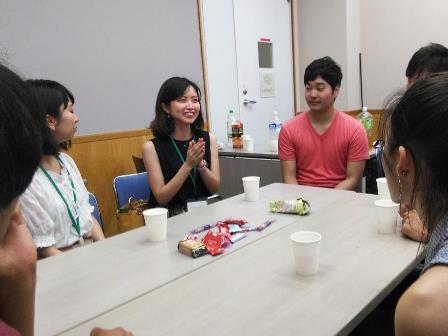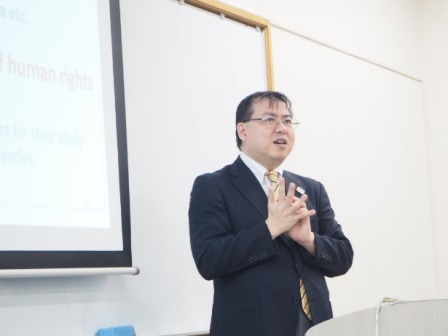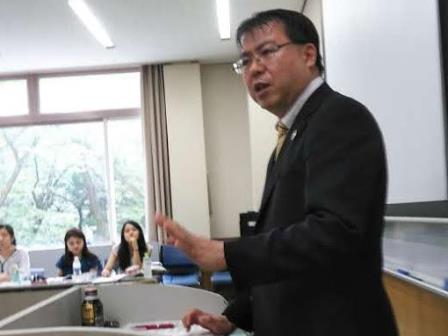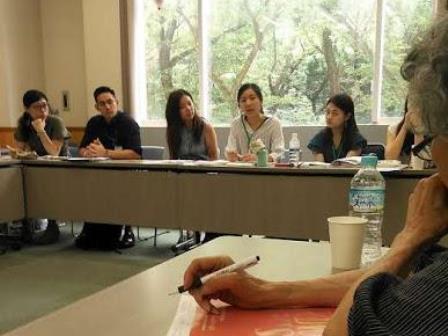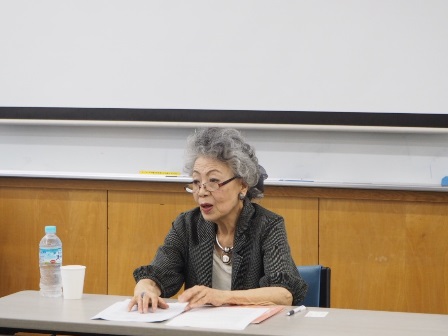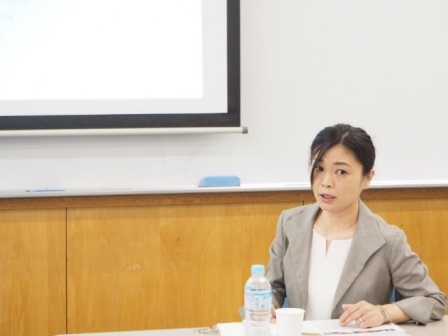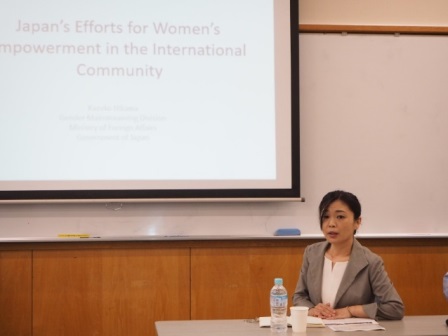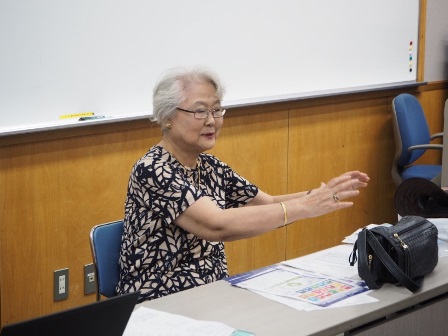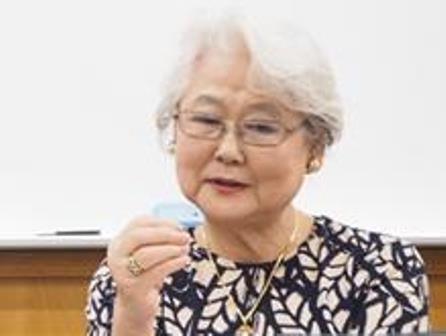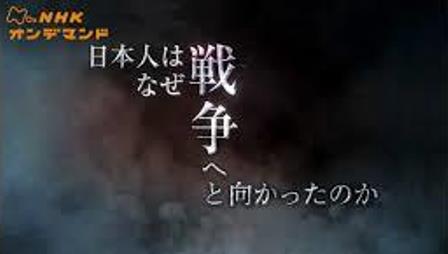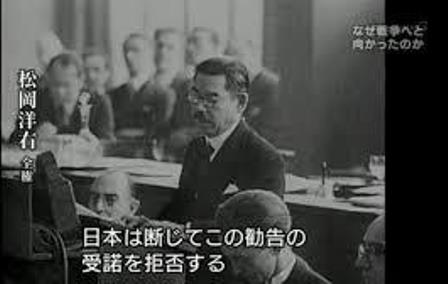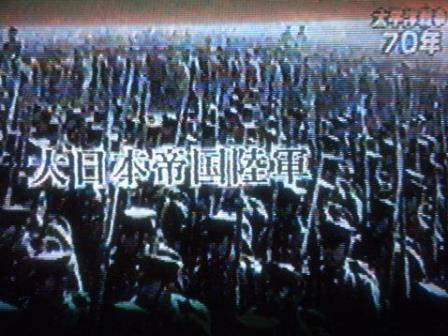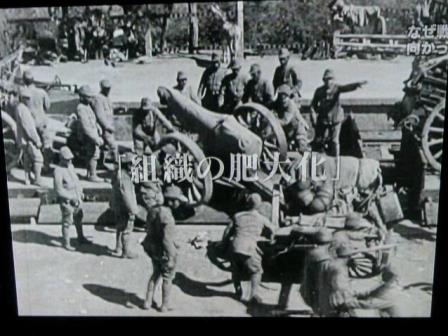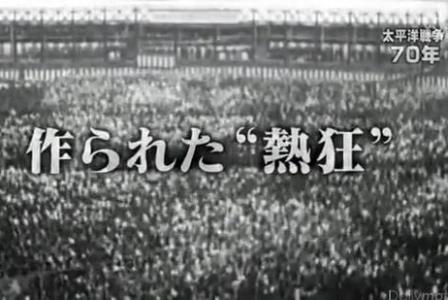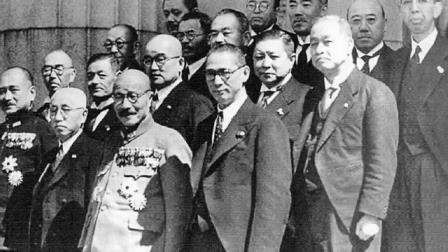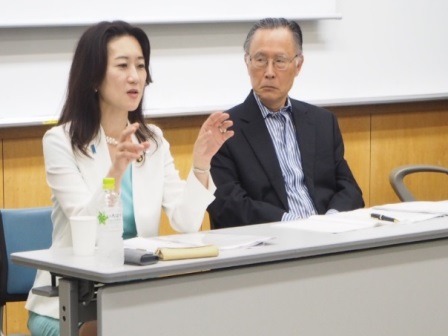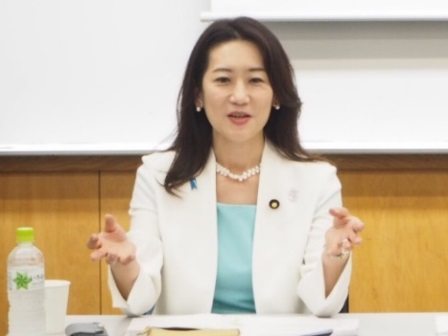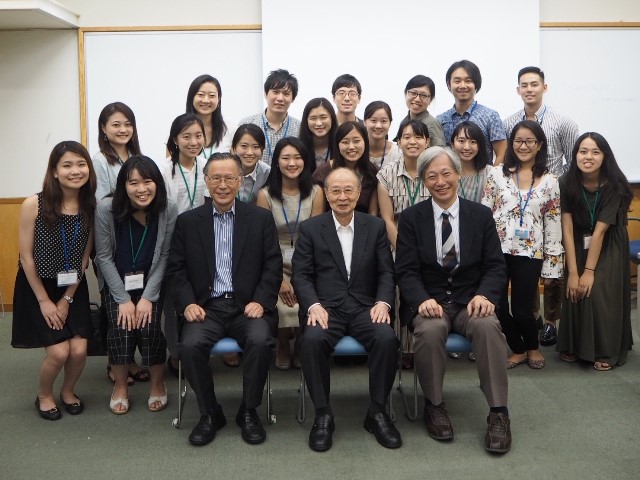
第1列目: Kiichi Fujiwara, Yasushi Akashi, Sukehiro Haseawa, Miki Yamane, Yoshimi Watanabe第2列目: Sara Shibata, Yuki Nakai, Reina Hikita, Naomi Tamagawa, Akari Otake, Ayumi Hara, Moe Hino, Kanako Yamagami, Akiko Yamada, Sion Bang, Megumi Kiriha第3列目: Shinsuke Nakano, Daiki Maejima, Sae Kobayashi, Takahiro Seki, Daisuke Kawai, Kanako Nannichi
第1列目右から:藤原帰一、明石康、長谷川祐弘、山根未来、渡辺良美第2列目右から:柴田沙良、中井優希、疋田黎奈、玉川直美、大竹明里、原歩実、日野萌、山上佳那子、山田彰子、方しおん、桐葉恵第3列目右から:中野真輔、前嶌大輝、小林沙衣、関貴大、川井大輔、南日可那子
DAY 1: Sunday 5 August 2018: Model United Nations
In the introductory session, Messrs. Arata Yamamoto, Masashi Ono and Shunta Takino briefed the participants about the Model UN. They explained moderated caucus, unmoderated caucus and voting. The participating students were taught to make sure students learn to build upon one another’s ideas as opposed to just stating country position. They were also advised how to draft resolutions with a sample resolution prepared in advance for students to look at.
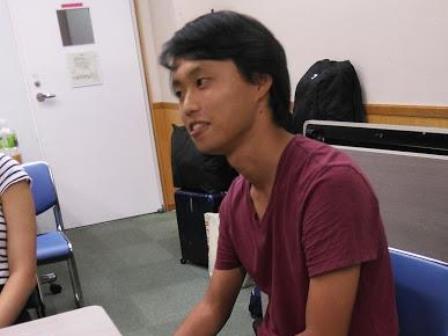
19:30-21:00 Briefing by former Participants of JCK Youth Forum
The evening session dealt with the need to keep a positive mindset to approach JCK Youth Forum with exchanges of views and understandings by OB/OG participants who share their experiences.
● Ms. Misato Nakagawa (OG) made a presentation on how JCK can shape and change your future!
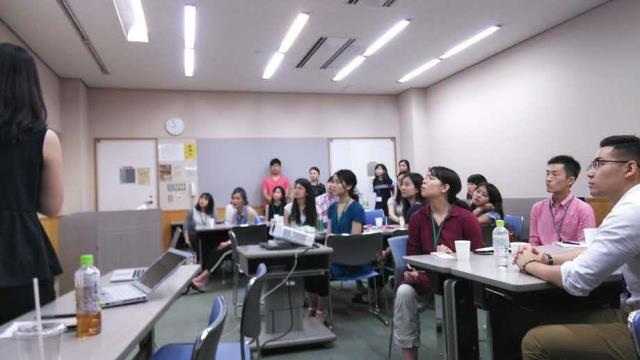
21:00-22:00 The JCK Secretariat explained how to prepare for the cultural night and asked the participants to prepare a scenario the next day.
DAY 2: Monday 6th August
9:00 – 10:20 Human Rights
The first session of the second day was held on the issues related to human rights which were explained by Mr. Masatoshi Sugiura (杉浦正俊), Director of the Human Rights and Humanitarian Affairs Division of the Ministry of Foreign Affairs.
10:20-11:00 Comfort Women
Former Secretary General, Asia Women`s Fund Momoyo Ise(伊勢桃代)provided the participants with a briefing on comfort women issues.
11:00-12:10 Gender Issues
Director Kazuko Hikawa (樋川), Gender Mainstreaming Division of the Ministry of Foreign Affairs explained key agenda before the United Nations and the status of Japan within the international community.
13:10-14:40 Former Minister of Environment Wakako Hironaka (広中和歌子) shared her experience as Director-General of Environment and highlighted key issues.
14:50-16:20 President, Global Peacebuidling Association of Japan Sukehiro Hasegawa (長谷川祐弘)made a power point presentation on the nature and implications of international terrorism.
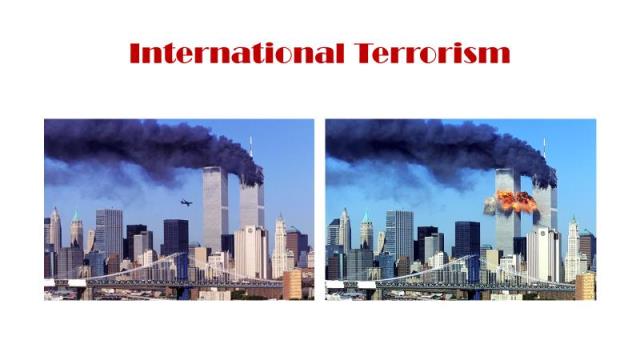
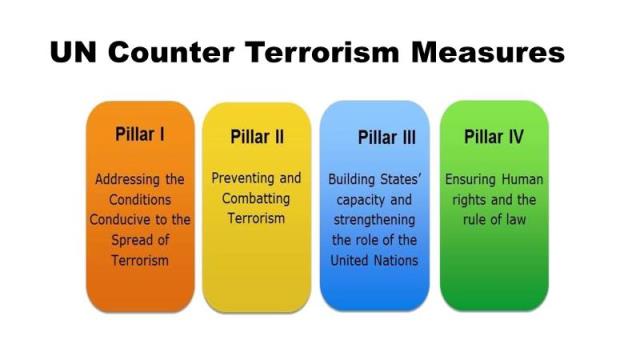
18:00-19:00 Historical Issues: World War II
Japan`s occupation in Northeast Asia 1931-1945: Presentations by 20 participants grouped into 5 groups of 4 persons.
The groups made presentations and discussions based NHK CD report on “Why did the Japanese go to war?”
『日本人はなぜ戦争へと向かったか』
Group 1: 外交敗戦 孤立への道
Group 2: 巨大組織 陸軍の暴走
Group 3: 熱狂はこうして作られた
Group 4: 開戦 リーダーたちの迷走
19:00-21:00 @センター棟503号室
Post-WWII Issues Japan, China, Korea relationship
Presentations Group presentations Divide the 20 participants into 4 groups of 5 persons. Two groups present post WWII Japan-China relationship and two other groups on Japan-Korea relationship.
Group 1: 日中関係 1972-2005
Group 2: 日中関係 2005-2018
Group 3: 日韓関係 1965-2002
Group 4: 日韓関係 2003-2018
DAY 3: Tuesday 7th August
09:00-11:00
The students examined the issues related to denuclearization of the Korean Penunsula.
Research and discuss in pairs on the topic. Key points to research are provided by the secretariat (e.g. country stance, allies/countries with similar stance, topic research, potential solutions, key sub-issues.
11:00-12:30 Gender, Human Rights, North Korea: Lecture & Discussion
H.E. Ms. Rui Matsukawa (松川るい議員), Member, House of Councilors, The National Diet of Japan
13:30-15:30 Japan, China, Korea Relationship
Moderated Panel Discussion
Mr. Yasushi Akashi, Vice President, UN Association of Japan 明石康(国連協会副会長)
Professor Kiichi Fujihara, Graduate School of Public Policy, University of Tokyo (藤原帰一教授)
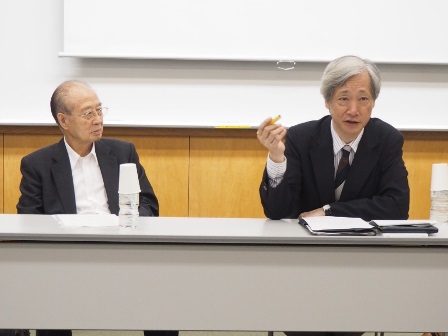
16:00-16:30
Here is a photo of participants who assembled at the end of the workshop. They look happy.
16:30 A group photo of the participants was taken at the completion of the workshop.
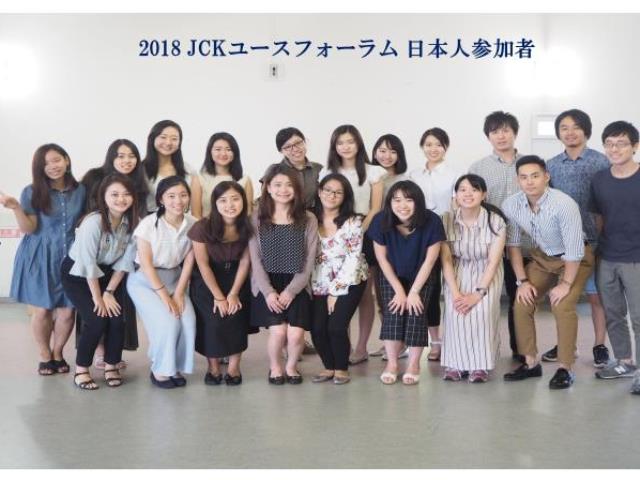
From left to right on the first row: Megumi Kiriha, Bang Sion, Ayumi Hara, Yoshimi Watanabe, Miki Yamane, Yuki Nakai, Naomi Tamagawa, Shinsuke Nakano, Takahiro SekiThe second row: Miyu Yamanaka, Sara Shibata, Kanako Nannichi, Kanako Yamagami, Sae Kobayashi, Moe Hino, Reina Hikita, Akiko Yamada, Daisuke Kawai, Daiki Maejima
最前列、左から: 桐葉めぐみ、方しおん、原歩実、渡辺よしみ、山根未来、中井優希、玉川直美、中野真輔、関貴大二列目、左から: 山中みゆ、柴田沙良、南日可那子、山上佳那子、小林沙衣、日野萌、疋田黎奈、山田彰子、川井大輔、前嶌大輝

